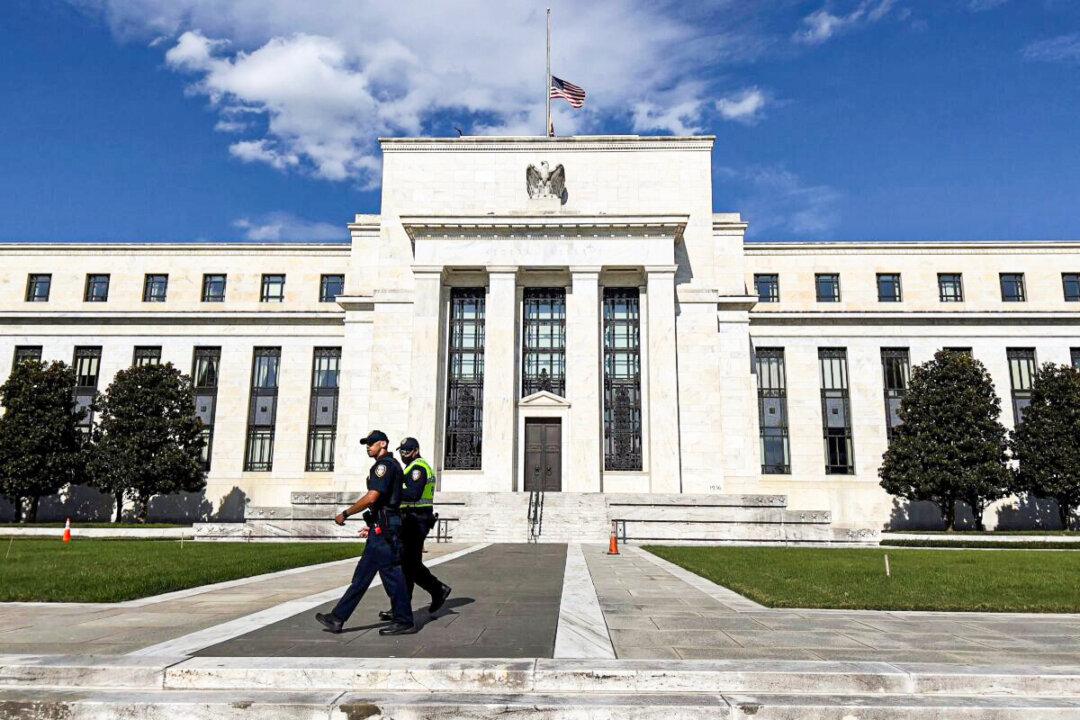The Omicron coronavirus variant threatens to fuel soaring inflation in the United States by further pressuring supply chains and worsening worker shortages, Cleveland Federal Reserve Bank President Loretta Mester told the Financial Times.
“If it turns out to be a bad variant it could exacerbate the upward price pressures we’ve seen from the supply-chain problems,” Mester told the paper in an interview on Thursday.





